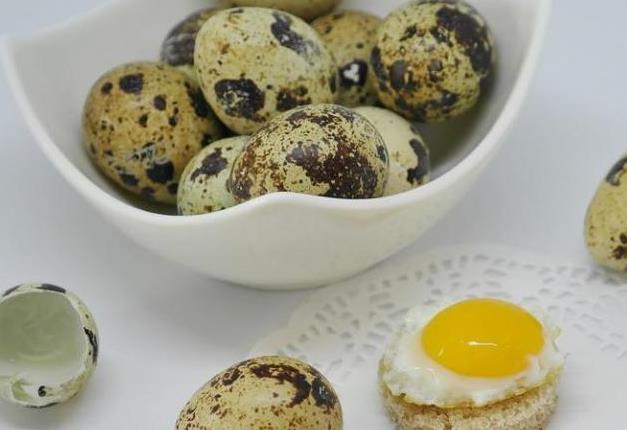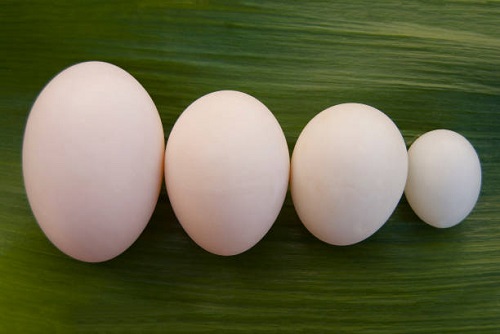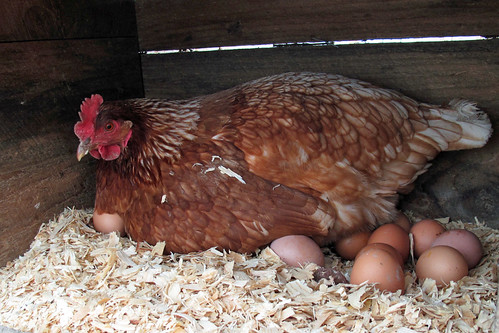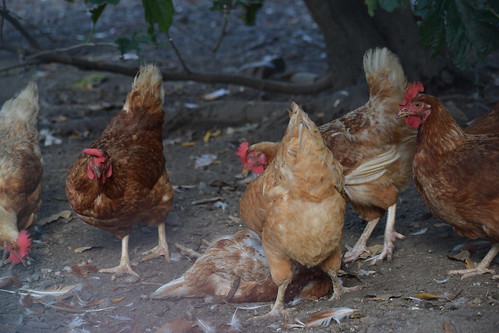Quail eggs are very good food, able to offer excellent nutritional values. It is true, that although they are increasingly popular, many people are still reluctant to buy them because of their small size compared to chicken eggs.
Quail eggs, despite their small sizes, have proportionally higher nutritional density, for example in protein or vitamin B. 100 grams of quail eggs would provide 100% of the recommended amount of vitamin D per day, while chicken eggs would only represent 36%.
It is precisely its small size that makes this egg a very complete food. One quail egg provides a substantial portion of the daily requirements for vitamin B12, choline selenium and riboflavin, together with some iron, all in one portion containing only 14 calories.
Nutritional Value of Quail Egg (per 100 grams):
- Calories: 155 kcal
- Carbohydrates: 0.41 g
- Fats: 11.2 g
- Proteins: 13.05 g
- Cholesterol: 844 mg
- Calcium: 64 mg
- Phosphorus: 226 mg
- Potassium: 132 mg
Health Benefits of Quail Eggs
Provide Essential Nutrients
Selenium and riboflavin are important nutrients that help the body break down the food it eats and transforms it into energy. Selenium also helps ensure healthy thyroid function.
Meanwhile, vitamin B12 and iron promote healthy nervous system function and help maintain optimal energy levels through their role in the formation of red blood cells.
In addition, choline is vital to helping the body produce acetylcholine, a neurotransmitter that sends messages from the nervous system to the muscles. All thanks to its components and its nutritional values, the consumption of quail eggs has series of positive effects on health.
Increases Metabolic Activity
Quail eggs can be of great help since as a result of their high content of vitamin B, it helps to increase metabolic activity. The end result is a faster burning of calories and, consequently, a contribution to weight loss.
Strengthen Bones
The main nutrient for skeletal development is calcium, but amino acids like such as lysine are needed for long-lasting bone strength, particularly in toddlers and children. These nutrients are abundant in quail eggs.
By adding quail egg to the diet, potassium and zinc are provided, thereby reducing the risk of osteoporosis or diseases that weaken bones.
Reduces the Risk of Anaemia
Research has revealed that a quail egg is a good solution for anaemia because of its high iron content. Eating quail eggs also helps in increasing the hemoglobin levels in the body.
Regulates Blood Sugar
Studies have revealed that quail eggs could help in regulating blood sugar levels because of their low glycemic index. It is also suggested that adding quail eggs and their amino acids into the diet may help diabetic patients.
So, Chicken Egg or Quail Egg?
You can eat both chicken egg and quail egg interchangeably, within a varied and balanced diet. The two are an excellent source of protein and do not differ much in the calories they provide, although the chicken egg has a larger size that can make it more satiating. In terms of nutrients, the chicken egg contains more vitamin A, but the quail egg is much richer in iron and vitamin B1.



